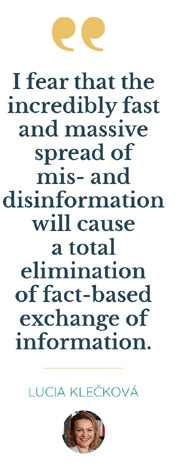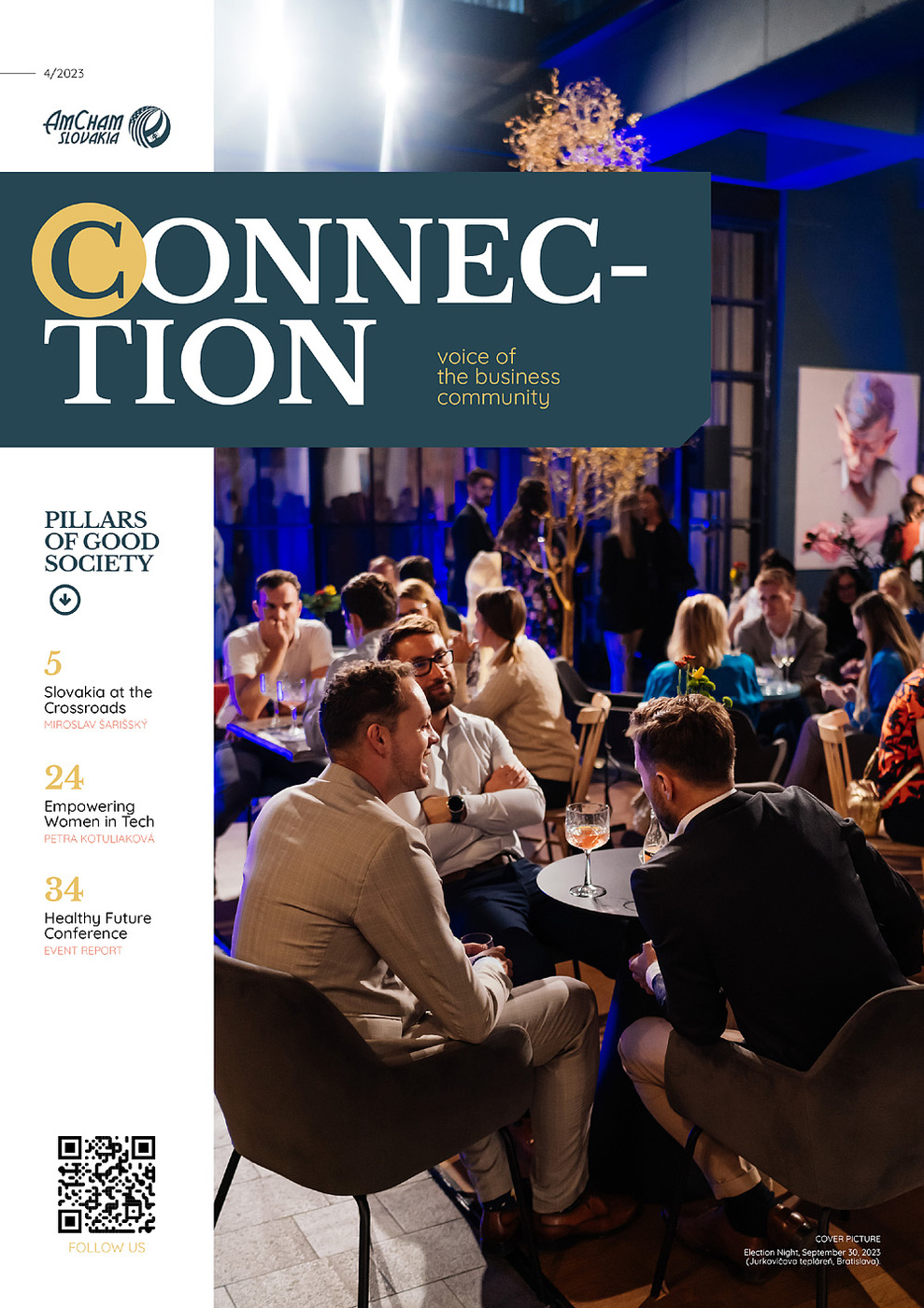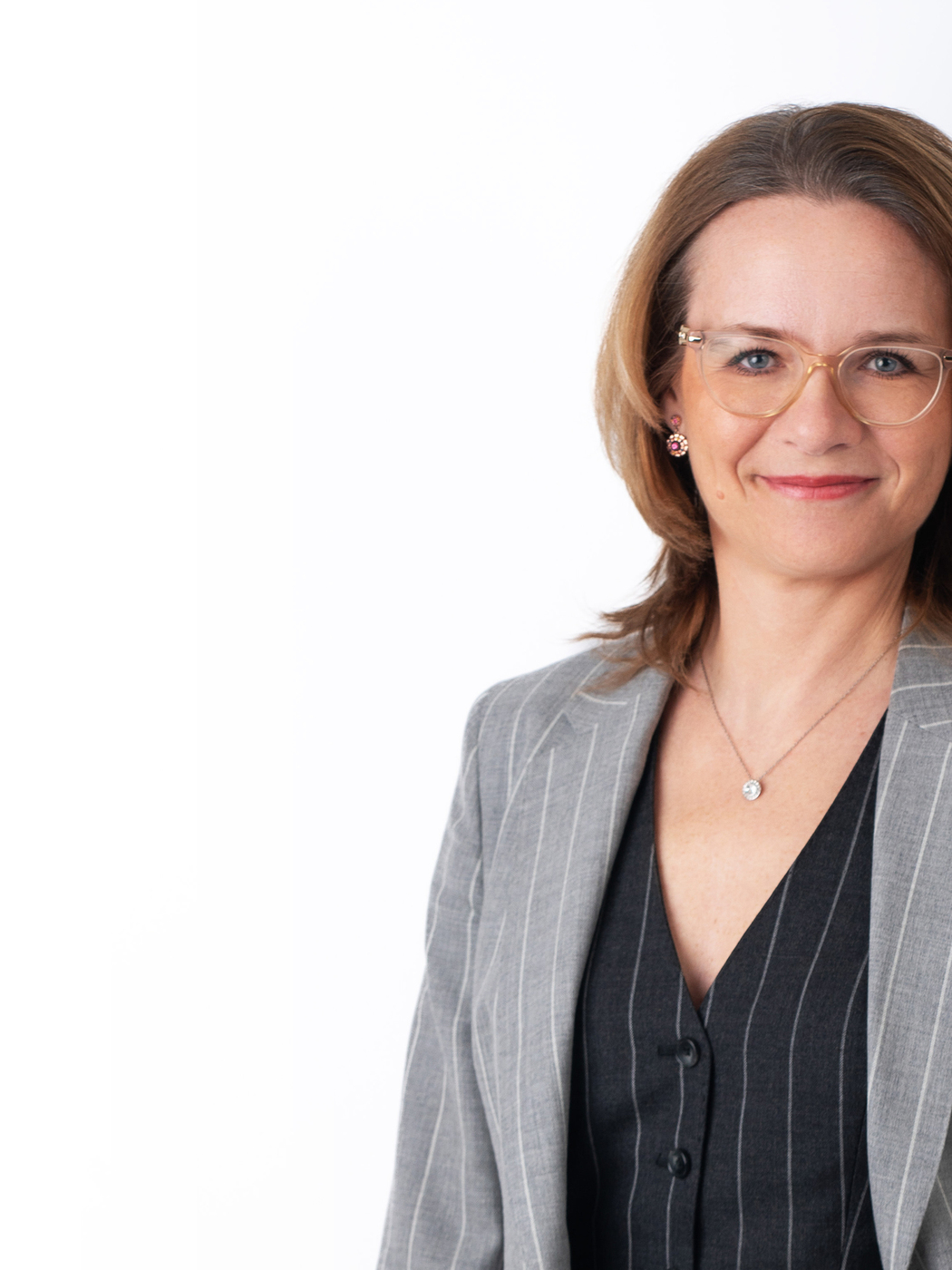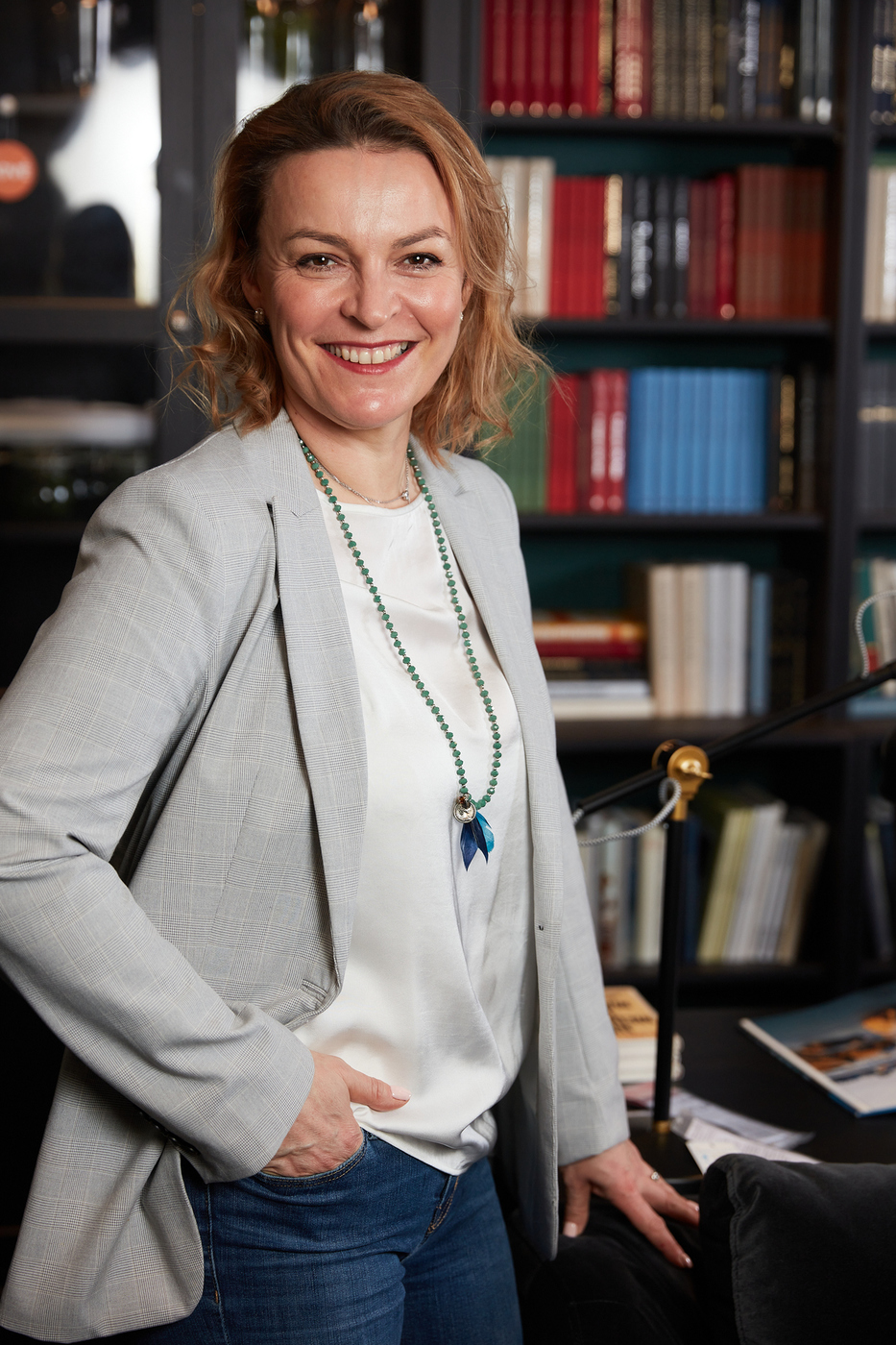How has the Covid-19 pandemic impacted your professional and personal life?
(LK) As for many others, it has changed how I worked, what I did in my spare time, and how I interacted with others.
Covid has increased my job’s demands, and I had to lead the organization into the unknown in the true sense of the word. Hand in hand with that came an extreme number of new and unknown challenges, new solutions, and new fears. Some people say that they were losing connections with coworkers during the lockdown. Not at IKEA - all of us have worked on the shop floor, trying to satisfy as many customers as possible despite the lockdown.
(KM) The impact on both has been significant. During the lockdown, I struggled to draw a line between the “office time” and “time off”. I felt like I was always at work. At times it was difficult to find a quiet place to work since both of my kids were at home. Balancing the work and parenting is hard in my profession in general but compensating for school lunch, after school activities and missing interactions with friends was an extra heavy burden to carry. On the other hand, me and my kids spent a lot of time together and got a valuable insight into how we operate during times when we normally don’t see each other. For me, it was very interesting to see how my kids react to online lessons.
Were you able to identify any positive side effects or opportunities resulting from this situation?
(LK) Looking backwards, the pandemic accelerated a lot of new, better solutions, and some of them stayed with us even after the pandemic and turned out to be very beneficial in the end. For example, the development of online sales, the internal processes and services connected to online purchases. What has been standard before the pandemic would not be acceptable now any more.
 In my personal life, less frequent travel made my private life quieter, partly missing social interaction. However, I had more time to exercise and eat healthier. I re-discovered Malé Karpaty for biking and hiking on a much larger scale. This hobby stayed with me even after the Covid times and I am very much grateful for that.
In my personal life, less frequent travel made my private life quieter, partly missing social interaction. However, I had more time to exercise and eat healthier. I re-discovered Malé Karpaty for biking and hiking on a much larger scale. This hobby stayed with me even after the Covid times and I am very much grateful for that.
(KM) Before the pandemic, remote work was an exception. Lockdown fostered the development of trust in remote work and it feels liberating to be able to work from home or from somewhere else more without getting frowns. A sound combination of presence in the office and remote working is a positive relict. We learned to meet online and reduced the number of travels, which serves the environment well. I think we realized better what it means to lose freedom to move and see our families. Occasionally, when I travel to meet my loved ones, a thought about the time when we were not able to do this pops up in my head as a memento and I am grateful.
What is the favorite part of your day and why?
(LK) Mornings. It’s time reserved solely for myself. It’s peaceful. Everything starts and is open to possibilities.
(KM) My favorite part of the day is the morning. I start my working day early, around 5:30 - 6 am, make myself a tea and enjoy the quiet time for work that requires a fresh mind and focus. After a couple of hours, depending on my schedule , I either go to the gym or immerse myself in the office buzz. Those silent mornings are precious and bring positive energy and the feeling of having some work off my shoulders before the day starts for many others. My weekend mornings are a bit lazier compared to my working days, with some exercise followed by a nice breakfast with my kids or with a book (if they sleep in, which they usually do).
Do you have any habits or routines that help you maintain your work-life balance and work well for you?
(LK) Firstly, doing sports. My stretching routine after breakfast in the morning and at least 30 minutes of jogging outside in the woods give me space for just being myself and thinking freely; it is a meditation for me. If I stick to my morning routine, I face the day with much more enthusiasm (or, in the worst-case, acceptance).
Secondly, to achieve the desired balance in my life it is necessary for me to keep contact with my friends and spend quality time with my loved ones regularly.
And thirdly, I love to break routines and try to bring “sparkles” into my life, like traveling, attending concerts or visiting theatres.
(KM) Maintaining a routine is extremely important. It involves getting up early every day and having a physical exercise three times a week, which serve as my cornerstones. If possible, I try to organize my daily schedules taking into account changes in my energy level during the day. Work requiring focus and silence comes first in the morning, meetings circle around lunch time and early afternoon and then I chase the rest of the tasks to be done. This helps to keep the days productive and eases up disconnecting and spending evenings with my kids, friends or doing whatever I like. Getting my head off work is difficult in extremely busy periods and what seems helpful is having a quick (20 minutes) exercise. My kids are great helpers with this, too – if I come home to two boys in the middle of a huge unresolvable conflict, my mind is somewhere else at once…
What advice would you give to your 20-something-year old self?
(LK) My younger self probably wouldn’t listen to any long-winded advice, so I’d keep it simple and say: be brave and just go for it. Ask for what you want.
 (KM) Don’t be afraid to fail, failures are an inevitable part of the learning curve. Ask for help if you need it and vocalize your needs. Be patient, happiness comes to those who wait.
(KM) Don’t be afraid to fail, failures are an inevitable part of the learning curve. Ask for help if you need it and vocalize your needs. Be patient, happiness comes to those who wait.
What are the parts of your work that still excite you and give you motivation?
(LK) I have several sources of motivation that drive me to achieve at work and still excite me. The biggest one is the interaction with coworkers. IKEA Bratislava has a team of 600 people, so there are plenty of opportunities to have people around. Secondly, it is the desire to do meaningful work, and I do see the means to make a change. As the last one, I would like to mention helping my team members achieve their best and learn new skills. Through that, I grow with them.
(KM) Being an attorney is a service and we get to meet a lot of people. I have enjoyed the luxury of being surrounded by smart and inspiring human beings most of the time and that is both exciting and motivating. It is meeting new people and teamwork (with colleagues and clients), that keep me going. Also, seeing clients and colleagues around me grow is a huge reward and trigger. For some, the law may appear boring, but employment law is not. It is closer to people than corporate, M&A or banking, because of the unpredictable human element in it.
If you had to make a career switch, in what other profession can you imagine yourself?
(LK) Most probably event management. It involves multitasking, a large amount of hospitality and public relations. Event planning might be an ideal industry for me. However, I am not considering a change.
(KM) I love baking and can imagine myself having a small bakery. I participated in organizing a few events, so party planner or event organizer would also fit.
Can you name three sources you have recently learned from or have inspired you the most?
(LK) Podcast “Trochu inak s Adelou / Katarina Schillerova” – interview with a 91-year-old lady who used to work as a physical education teacher, who still lives with a connection to sport, keeping her bright, funny and full of life spirit.
Festival Atmosféra – a beautiful event with the claim “Be love” - and there really was. I visited the festival for the first time and was inspired by the coziness of the venue. I experienced an event full of tolerance for complete families, not forgetting the very inspirational interview with the Prime Minister Mr. Ódor.
(KM) Books: I am re-reading Eric Berne’s ‘Games People Play’.
Online content: AI is the topic that interests me on many levels. LinkedIn works as a valuable source – there is a bunch of interesting individuals to follow – look at my profile for more!
What is your biggest fear for the generation of today’s children? What about the biggest hope?
(LK) My biggest fear for the next generation is that they won’t have trustworthy access to information. I fear that the incredibly fast and massive spread of mis- and disinformation will cause a total elimination of fact-based exchange of information. That thanks to targeted disinformation campaigns, they will lose the trust in democracy and belief in the freedom of speech.
My hope for the next generation is that they recognize the importance and responsibility of their voice and power so that we don’t go back to the levels of complacency that we’ve seen in the past. I hope the next generation uses its voice and learns how and when to step forward.
(KM) I think that children are drowning in the information overflow. They do not have the ability to navigate in the bulk, validate the information and are prone to hoax and manipulative content. They live in a world where things happen instantly and are impatient, sometimes they lack respect for authority and believe everything can be discussed if and when they see fit. My biggest hope is that life will treat them well and the crash with reality will not be a major hit.
Lucia Klečková, Market Manager, IKEA Slovensko
Katarína Matulníková, Managing Partner, Wolf Theiss Bratislava




Follow us